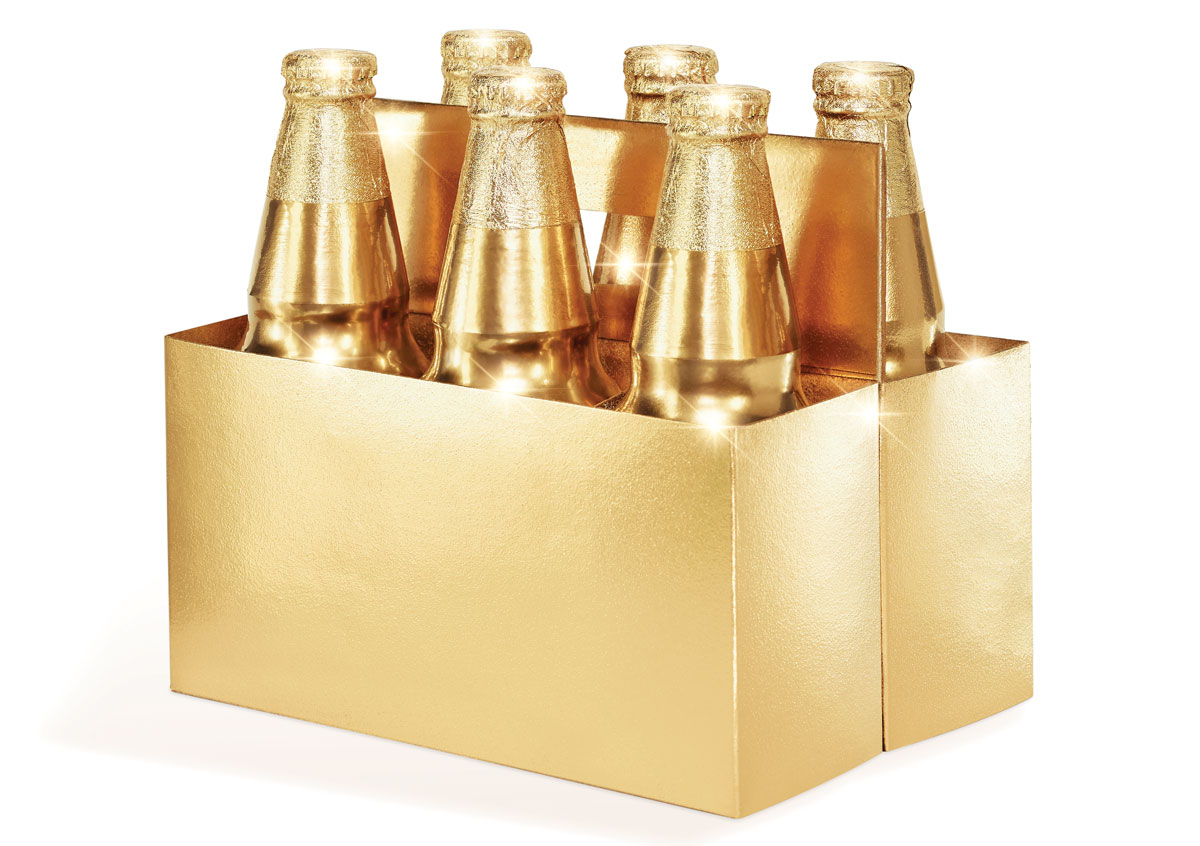TagsbeerCraft BeerCreature ComfortsdrinksGeorgia beerlocal beerSavannah DistributingTropicália
Home Why the @#%!! does a six-pack of craft beer cost so much?
The Rise of Georgia Beer: Everything you need to know about our craft brew scene
Why the @#%!! does a six-pack of craft beer cost so much?

When you pay $10.99 for a six-pack of Tropicália, your purchase represents the third time that beer has been sold. First, the brewery (in this case, Creature Comforts) sold it to the wholesaler/distributor (in this case, Savannah Distributing), which in turn sold it to the retailer. With each transaction, there’s a profit margin built in for the seller.
In the case of Tropicália, a beer so popular it represents two-thirds of all of Creature Comforts’ sales, Savannah Distributing’s price-to-retailer is $35.07 a case. (Wholesalers must post their prices publicly on the Georgia Tax Center website.) So a $10.99 pricetag on a six-pack means a 25 percent margin for the retailer. But what about the distributor’s margin? Or the brewery’s? That’s not public information, but, according to insiders, brewers typically charge around $25 a case (plus taxes) to wholesalers.
So it’s easy to see why direct sales are important to Georgia brewers. By selling beer directly to consumers from the taproom, brewers eliminate the middleman and reap more profit. Nick Purdy, president of Wild Heaven Beer, says his profit margin on a beer sold in the taproom is at least three times what it is through a distributor. But don’t expect to find cheap beer at a brewery; it would be self-defeating to undercut retailers.
And don’t expect craft brewers to ever compete price-wise with big labels like Budweiser or Miller. “Our cost of ingredients is higher because of quantity and quality,” says Chris Herron, CEO of Creature Comforts. “We don’t have the manufacturing efficiences [of the national labels].” Still, as the craft market gets more cluttered, Herron believes craft brewers need to develop new beers at lower price points. “We just have to be careful not to discount our existing brands.”









